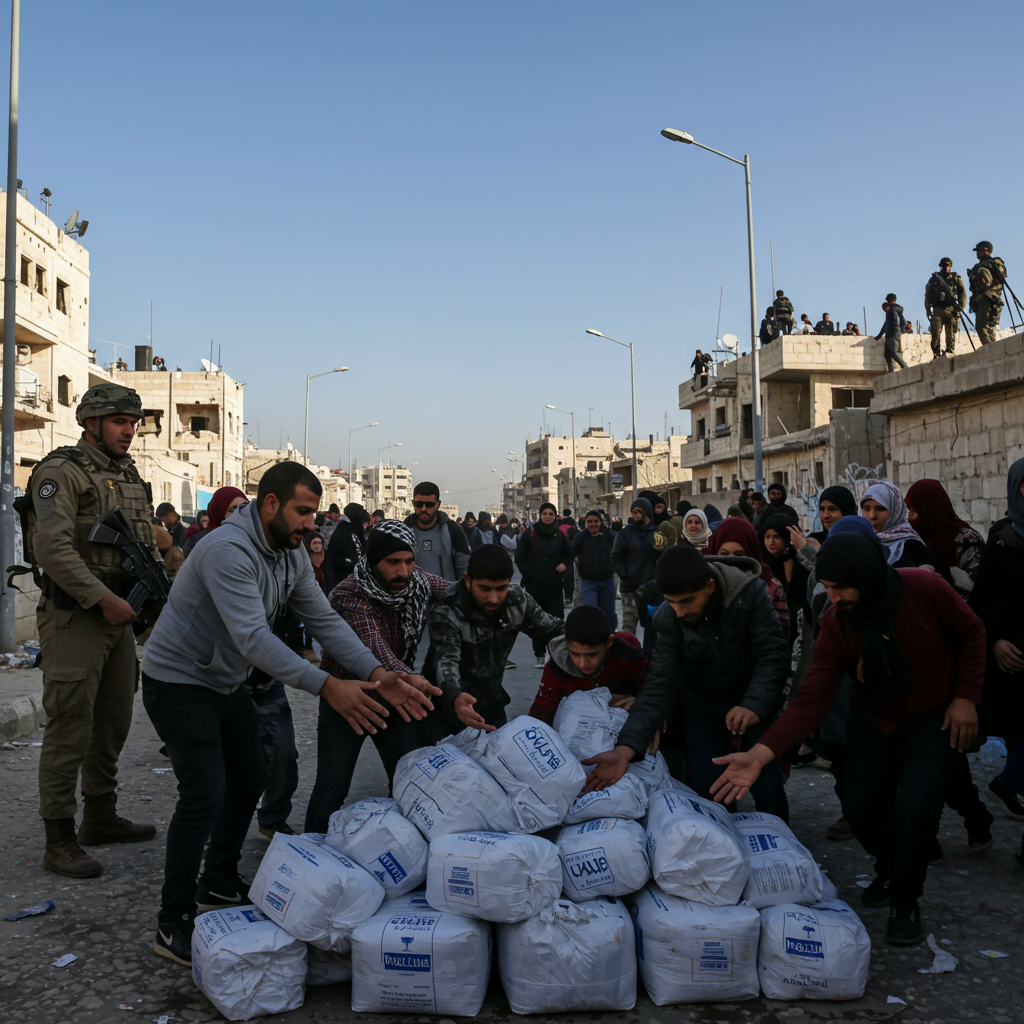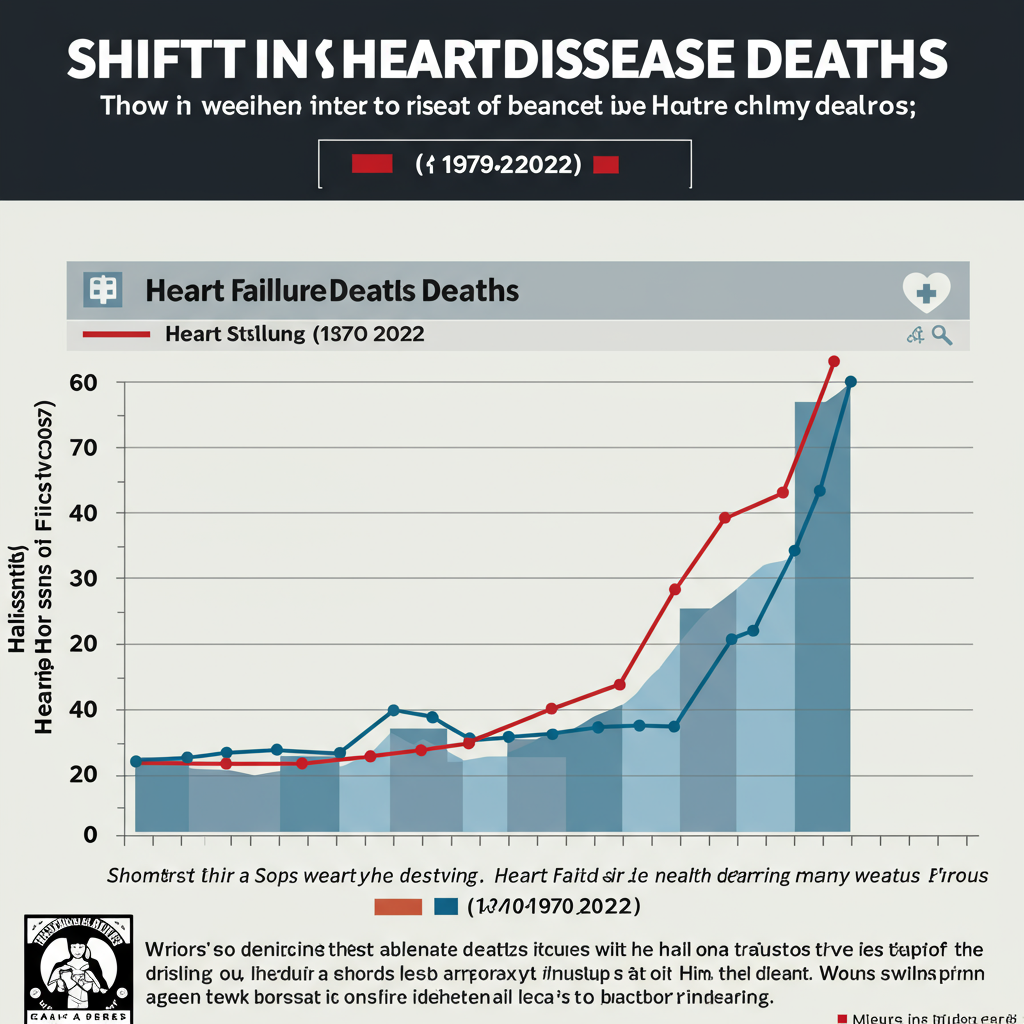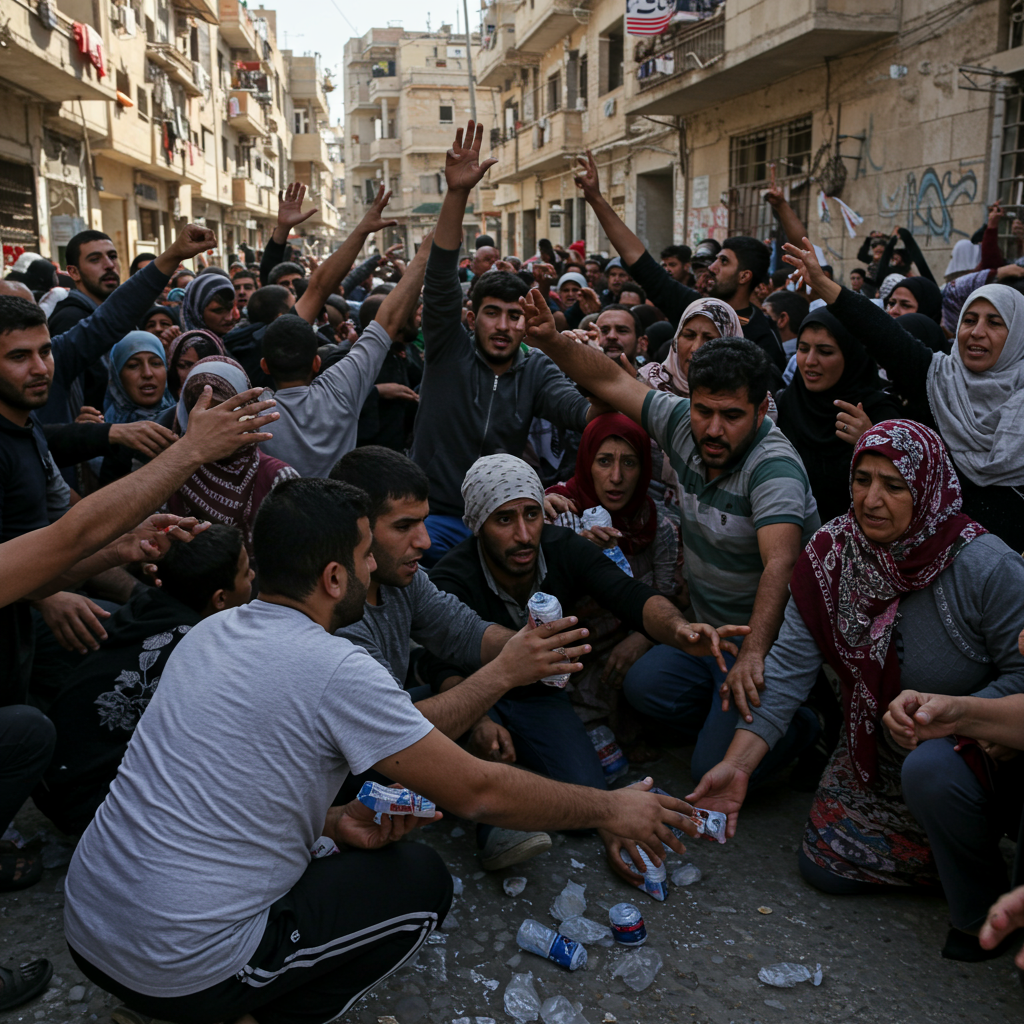Reports of Israeli forces opening fire on starving Palestinian civilians attempting to access humanitarian aid in Gaza are intensifying accusations of war crimes and crimes against humanity. Eyewitness accounts and testimonies from within the Israel Defense Forces (IDF) itself suggest that such incidents are not isolated events but potentially reflect broader directives amidst a devastating humanitarian crisis. These actions are adding significant weight to ongoing international legal challenges, including a case before the International Court of Justice (ICJ) alleging genocide.
The situation in Gaza, marked by months of intense conflict, widespread destruction, and a severe blockade, has pushed the civilian population to the brink of famine. International aid organizations and human rights groups describe conditions worse than “hell on earth,” with basic necessities like food, water, and medical supplies critically scarce. Access to aid distribution points has become perilous, with numerous documented instances of civilians being killed or injured while seeking essential supplies.
Orders to Fire on Aid Seekers
Specific, disturbing accounts from IDF officers and soldiers, as reported by Israeli media, describe commanders issuing direct orders to shoot at Palestinian crowds gathered for humanitarian aid. These testimonies reveal a troubling internal narrative where figures within the military have suggested there are “no noncombatants in Gaza,” allegedly influencing how troops perceive and treat civilians seeking food or shelter. Soldiers have reportedly used heavy machine guns, grenade launchers, and mortars in these situations, bypassing standard crowd control methods like tear gas.
One soldier reportedly described their location near an aid site as a “killing field,” where casualties occurred daily among people treated as a hostile force simply for trying to obtain food. This grim activity has even been referred to informally within the military as “Operation Salted Fish.” These internal accounts starkly contradict official Israeli denials that soldiers deliberately fire at civilians seeking aid.
A Devastating Humanitarian Crisis
The backdrop to these shootings is a humanitarian catastrophe of immense scale. A near-total blockade imposed on Gaza has severely restricted the entry of food, fuel, water, and medical supplies. This obstruction, described by some as the weaponization of hunger, has led to critical food insecurity, with hundreds of thousands facing extreme deprivation and potential starvation. The Integrated Food Security Phase Classification report indicates a catastrophic level of need. Officials in Gaza report hundreds dying from malnutrition and lack of care since the siege tightened.
Human Rights Watch has detailed how Israel’s actions, including widespread bombardment and aid obstruction, have intentionally caused the mass displacement of nearly 90% of Gaza’s population (approximately 1.9 million people). This displacement, the report argues, constitutes forcible transfer, a war crime, and potentially a crime against humanity due to its systematic nature and scale. The destruction of civilian infrastructure – residential buildings, schools, hospitals, bakeries, farmland – not only makes survival difficult but also prevents displaced Palestinians from returning to their homes.
Healthcare System Collapse
The healthcare system in Gaza has been decimated. Out of numerous hospitals, only a handful remain even partially functional for acute care, operating with critically low supplies. Trauma surgeons deploying to Gaza have witnessed mass casualty events overwhelming the minimal remaining medical capacity. Hospitals themselves have reportedly been targeted in strikes, further degrading the ability to treat the wounded and sick. This collapse of healthcare is another dimension of the humanitarian crisis exacerbated by the blockade and ongoing military operations.
International Legal Scrutiny
The actions in Gaza, including the killings at aid distribution points and the obstruction of humanitarian relief, are central to international legal proceedings. South Africa has brought a case before the ICJ alleging that Israel’s actions amount to genocide, seeking provisional measures to halt operations and ensure aid flow. The ICJ has issued provisional measures, but humanitarian agencies report that aid access remains severely insufficient, indicating potential non-compliance.
The International Criminal Court (ICC) Prosecutor has also sought arrest warrants for Israeli leaders, including the Prime Minister and former Defense Minister, citing “reasonable grounds” to believe they bear criminal responsibility for war crimes and crimes against humanity. Specifically mentioned charges include causing starvation of civilians as a method of warfare and intentionally directing attacks against a civilian population. These legal actions highlight the gravity with which the international community views the conduct of hostilities and the treatment of the civilian population in Gaza.
The Debate on Genocide
The question of whether Israel’s actions meet the legal definition of genocide is a subject of intense debate among international law experts. Proving genocide requires demonstrating a specific intent to destroy, in whole or in part, a national, ethnical, racial, or religious group. Critics point to statements by some Israeli officials dehumanizing Gazans or invoking biblical commands for destruction as potential evidence of intent. Others argue that while widespread war crimes and crimes against humanity are evident, the high legal bar for proving genocidal intent has not yet been definitively met, though actions may be leading on a “trajectory towards genocide.”
However, the sheer scale of civilian casualties, the deliberate targeting of critical civilian infrastructure, and the systematic obstruction of aid, particularly combined with testimonies of deliberate fire on starving civilians, are viewed by many as compelling evidence supporting genocide claims or, at minimum, egregious violations of international humanitarian law. The ICRC has stated that both parties in the conflict are flouting the Geneva Conventions and that the scale of suffering in Gaza surpasses any acceptable standard.
International Response and Accountability
The international response to the situation in Gaza has been divided. While some allies initially offered strong support for Israel, the scale of destruction, casualties, and the humanitarian crisis have led many European nations to become increasingly critical, deeming Israel’s actions “wholly disproportionate” and discussing potential sanctions or recognition of a Palestinian state.
Conversely, the United States has largely maintained strong support for Israel, providing significant military aid and diplomatic cover, including vetoing UN resolutions. This support has led critics, including humanitarians working on the ground, to view the US as complicit in the ongoing crisis and associated violations of international law.
The issue of accountability within the Israeli military system for alleged war crimes, such as the aid killings, is also being questioned. Critics suggest that historical precedents indicate that internal investigations often result in impunity or minimal punishment, fueling concerns that serious abuses may go unaddressed.
Ultimately, the accusations of war crimes and potential genocide related to actions like the shooting of aid seekers are unlikely to subside. As information continues to emerge from the conflict zone, potentially aided by future investigations and access for journalists, the full legal and moral ramifications of the conduct of the war in Gaza will likely be debated and litigated for years to come.
Frequently Asked Questions
What evidence supports war crime accusations in Gaza aid killings?
Evidence supporting war crime accusations includes testimonies from IDF soldiers and officers reporting orders to fire on aid-seeking civilians, Gaza health ministry figures on casualties at aid sites, and reports from humanitarian groups like the ICRC documenting numerous weapon-wounded individuals from these incidents. These accounts, detailed in media reports citing internal Israeli sources and international bodies, suggest deliberate targeting of civilians despite lacking military threat.
Where can I find reports on the humanitarian situation and displacement in Gaza?
Reports on the humanitarian situation and displacement in Gaza are available from various international organizations. Human Rights Watch (HRW) has published detailed reports specifically addressing forced displacement and aid obstruction. The BBC and other news outlets often cite data from the UN and its agencies, as well as first-hand accounts from Gaza, covering the scale of casualties, food insecurity, and lack of healthcare. Organizations like the ICRC also provide reports on humanitarian conditions.
How are international bodies responding to accusations of war crimes in Gaza?
International bodies are responding through legal and diplomatic channels. The International Court of Justice (ICJ) is hearing a case brought by South Africa alleging genocide and has issued provisional measures. The International Criminal Court (ICC) Prosecutor has sought arrest warrants for leaders on both sides for alleged war crimes and crimes against humanity, including starvation as a method of warfare. The UN and its various agencies have repeatedly condemned the humanitarian situation and called for adherence to international law.
Conclusion
The disturbing reports of aid-seeking civilians being shot in Gaza, corroborated by testimonies from within the Israeli military, add a critical dimension to the growing body of evidence pointing towards serious violations of international law. These incidents, set against the backdrop of a devastating blockade and widespread destruction, underscore the severity of the humanitarian crisis and strengthen calls for accountability. As international legal processes at the ICJ and ICC move forward, the actions surrounding aid access and civilian safety will remain under intense scrutiny, highlighting the urgent need for adherence to international humanitarian law and the protection of all civilians.




